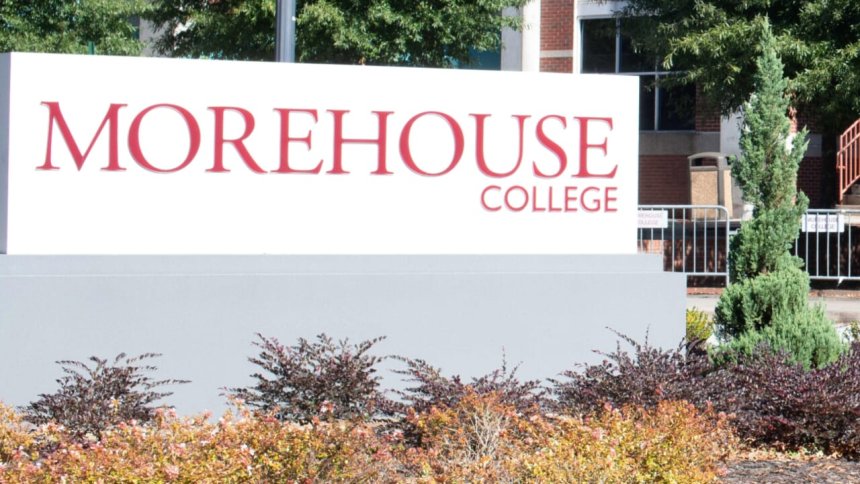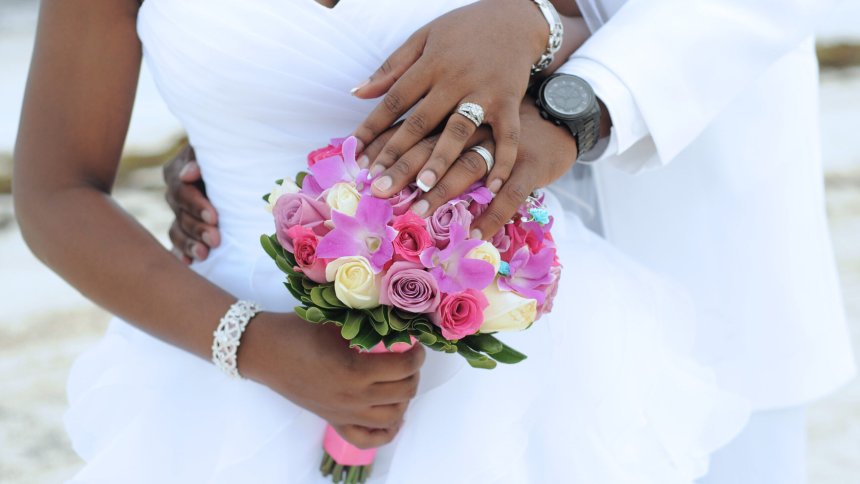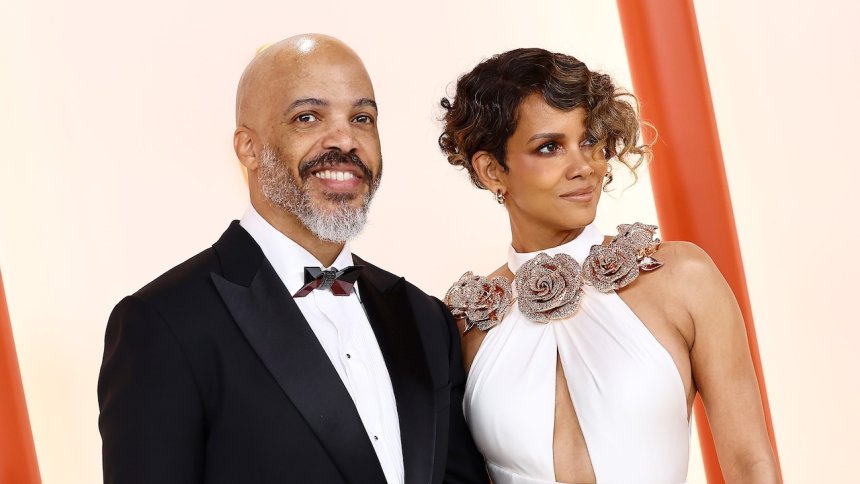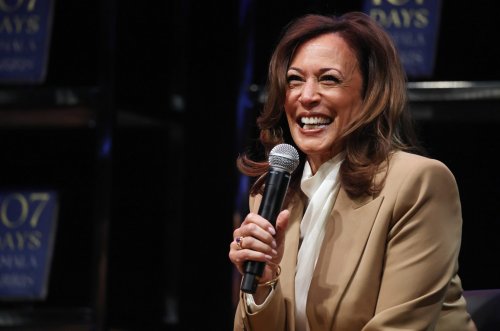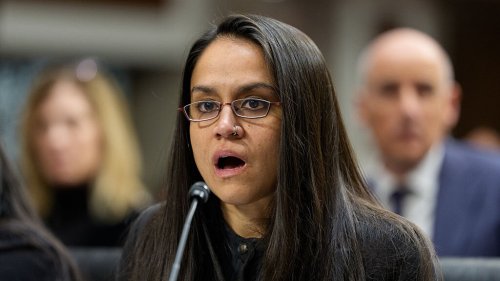Marcyliena Morgan, the archivist who brought hip hop to Harvard, dies at 75
The linguistic anthropologist was captivated by hip hop rhymes in the 1980s and went on to build a model archive
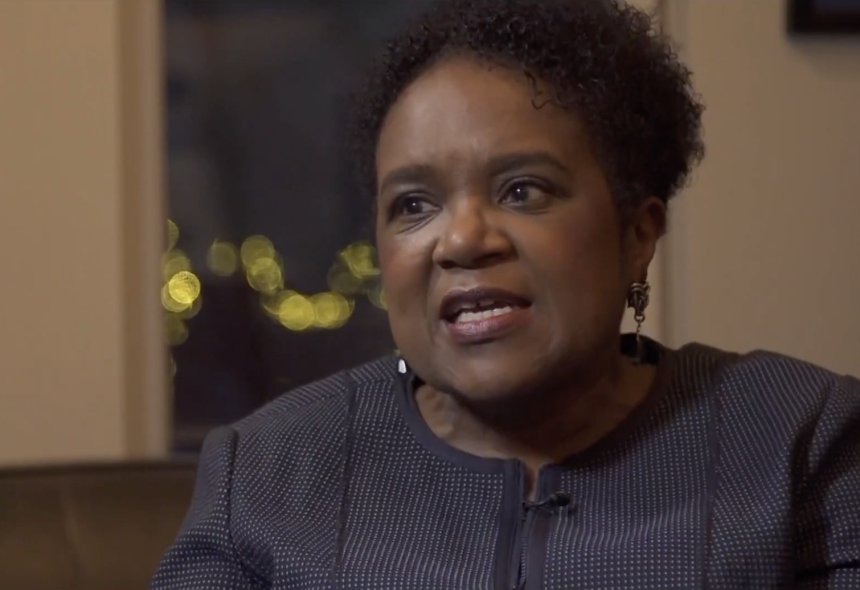
The linguistic anthropologist was captivated by hip hop rhymes in the 1980s and went on to build a model archive for one of the world’s most elite academic institutions.
The hip hop archivist, Marcyliena H. Morgan, has died at 75. She is credited with creating Harvard University’s Hip Hop Archive & Research Institute, convincing elite academia to see the genre as a form of high art.
The linguistics anthropologist died on September 28, after battling with Alzheimer’s disease. Her husband, Professor Lawrence D. Bobo, told the Harvard Gazette about his late wife’s ambition to study hip hop through an academic lens.
“She wanted to give deeper legitimacy to studying this globally influential style of creative production,” he said.
Morgan was born on May 8, 1950, and raised in Chicago’s South Side with her five sisters. Her father, Henry Morgan, was a union organizer for telephone workers in Chicago, and her mother, Juliette Morgan, was a manager for a city data center. Her studies in anthropology began at the University of Illinois, Chicago, where she earned a bachelor’s degree in communications anthropology in 1972. She then received her master’s degrees at the University of Illinois in 1973 and the University of Essex in England in 1978, and later her doctorate in anthropological linguistics at the University of Pennsylvania in 1989.
Morgan was an assistant professor at the University of California, Los Angeles, in the late 1980s when she became curious about hip hop. The genre was rising at the time, and she had become captivated by its lyricism and rhyming.
“I immediately noticed how the people rhymed, what kinds of words and expressions they created or used, things like the word ‘woke,’ the use of irregular verbs, and then trying to make them regular verbs in some ways,” she said in a 2018 interview with PBS. “If you think about when someone says ‘woke,’ it’s not ‘wake.’ Woke.”
Morgan told PBS that many people didn’t understand what hip hop was doing linguistically. Many had written it off as bad grammar, but she saw that the artists were “playing a game, and playing it beautifully.”
She convinced her friend, colleague, and esteemed Harvard professor Henry Louis Gates Jr., to take a chance on the growing genre in the 1990s. According to the New York Times, Gates first thought the idea was outlandish and called hip hop a “passing fad.” But Morgan stood her ground. She wanted hip hop to be showcased at an institution considered the “highest level.”
“Marcy said, no, no, you’re an idiot. Hip-hop is here to stay. It’s a phenomenon,” he told the publication.
In 2002, she created the hip hop archive, which is credited for being the first in the world. The archive stores classic hip hop albums, posters, magazines, and memorabilia. In 2023, Flavor Flav visited the university and donated one of his signature clock chains.
Morgan also used the archive to platform female representation in hip hop, highlighting artists like Lauryn Hill, TLC, and Missy Elliot.
Other universities like Cornell University and Georgia State University have built their own similar archives. Morgan’s view of hip hop and cultural impact made her a pioneer in academia, forcing institutions to study hip hop rather than dismiss it.
Share
What's Your Reaction?
 Like
0
Like
0
 Dislike
0
Dislike
0
 Love
0
Love
0
 Funny
0
Funny
0
 Angry
0
Angry
0
 Sad
0
Sad
0
 Wow
0
Wow
0
